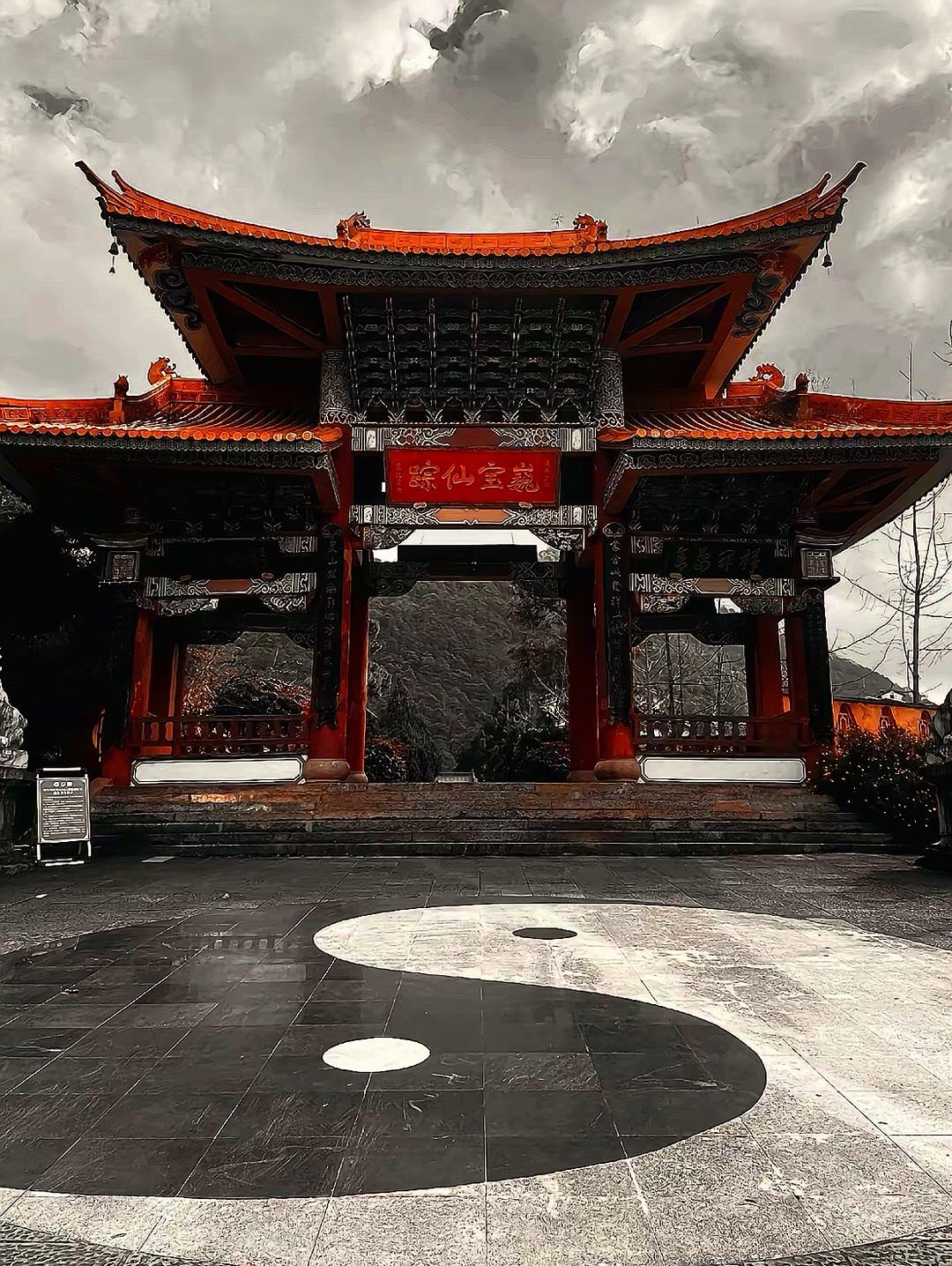In a secluded valley, there was an old Taoist priest named Xuanqing. Taoist Xuanqing had opened up a herbal garden in the valley and planted various herbs for the purposes of alchemy and healing the sick.
Taoist Xuanqing took meticulous care of the herbal garden every day, weeding, watering, and fertilizing without any negligence. However, there was a corner of the garden where the soil was barren. No matter how hard he tried, the herbs planted there always grew very weakly.
One spring, while tidying up the herbal garden, Taoist Xuanqing accidentally scattered some herb seeds on that barren piece of land. As he was busy with other affairs at that time, he didn't pay much attention to it. Some days later, after a spring rain, Taoist Xuanqing was surprised to find that tender green shoots had emerged from the land he had forgotten. These shoots were striving to grow on the not-so-fertile soil. Although they were not as robust as the herbs in other parts of the garden, they were full of vitality.
Looking at these shoots, Taoist Xuanqing had an epiphany. He realized that everything in the world has its own way of survival. Sometimes, when people pursue a certain result too deliberately, it may backfire. Just like these herb seeds, which had difficulty growing even with careful cultivation, but they germinated and took root in this unintentional act. This is in line with the Taoist concept of non-action. It doesn't mean being lazy or doing nothing, but rather not overly interfering with the natural development of things, conforming to the laws of nature, and allowing things to grow and change in their natural state.
As time passed, the herbs growing on the barren land managed to survive through all the trials and tribulations. Taoist Xuanqing used these herbs to refine some unique elixirs, and these elixirs had unexpected effects in treating certain difficult and complicated diseases. Taoist Xuanqing deeply understood that sometimes letting go of one's obsessions and not forcibly changing the trajectory of things' development might bring unexpected surprises. This perception of "unintentional success" enabled him to have a deeper understanding and practice of the Taoist ideas of non-interference and conforming to nature on his path of cultivation. He thus faced the changes and development of all things in the world with a more open-minded and carefree state of mind.



